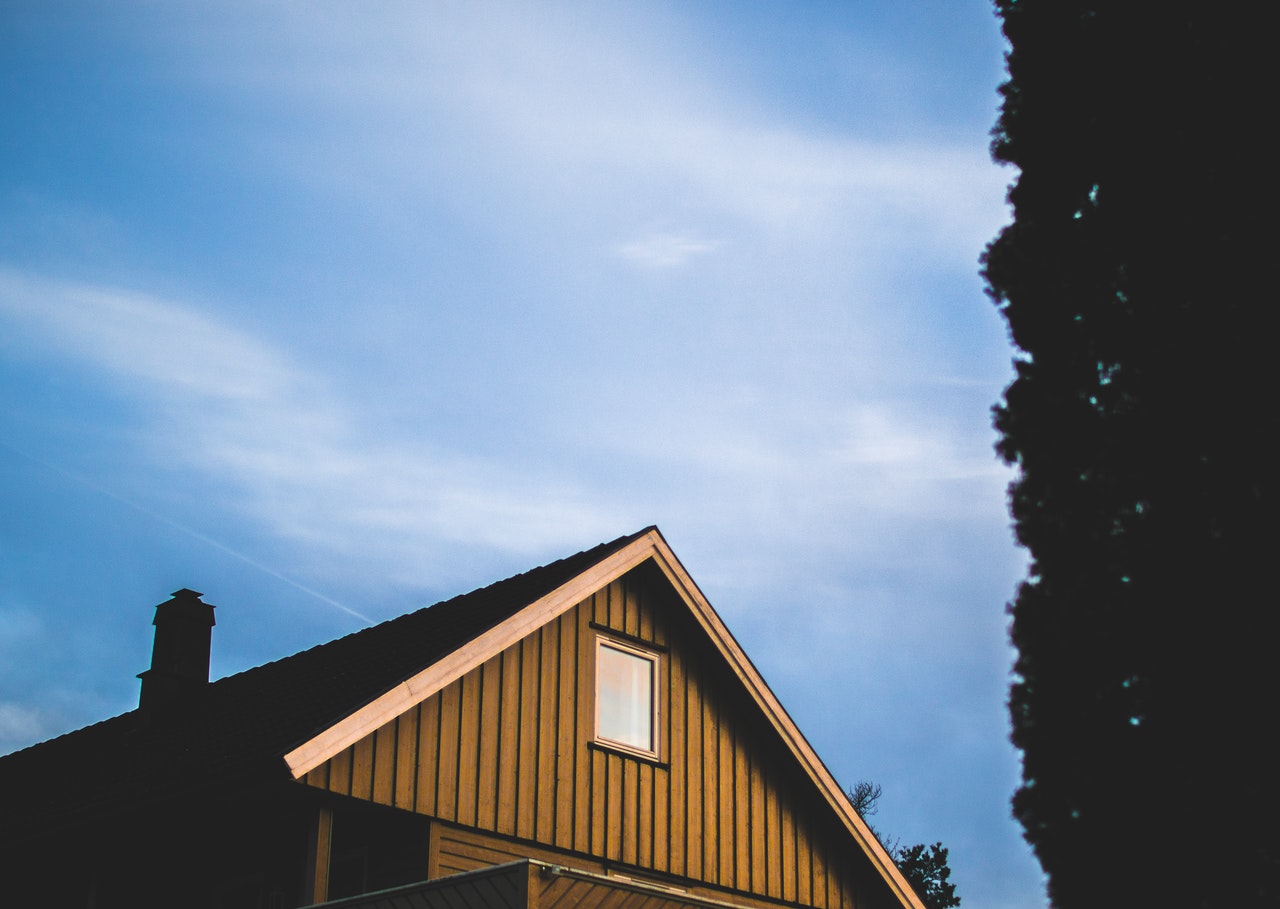Building, renovating, and designing homes often bring people joy, but interior design always steals the spotlight. Some exterior elements also get enough attention, but when it comes to something as seemingly lackluster as the roof, most homeowners don’t dig deeper into its different types.
Beyond fulfilling a practical purpose of protecting the building’s inhabitants from outdoor factors, the roof also plays a greater role in influencing your home’s visual appeal, functionality, and even energy efficiency. Different styles have unique impacts on your property, but the two popular options include flat versus pitched roofs.
If you’re wondering what type of roof would best suit your new space, we’re comparing flat and pitched roofs so you can make informed decisions later.
Pitch Roofs
The pitched roof is one of the more traditional designs. With its downward slop parted at an angle, it’s the perennial favorite among homeowners to this day. Here are some reasons it’s a classic:
Pitch Roof Pros
- A pitched roof uses materials resistant to weather, making it durable enough to withstand harsh conditions. This means homeowners can enjoy high-quality-looking pitched roofs for years to come compared to their flatter counterparts, lasting between 20 to 50 years.
- The parted angles in the middle and downward slope design make the roof effective at draining rainwater, which reduces the beating it takes and lowers the damages it can sustain through the years. A sturdier roof with a functional design built for different weather conditions means the pitched type requires less maintenance.
Pitch Roof Cons
- Pitched roofs offer unprecedented drainage capabilities, extensive styling options, and sturdier materials, but all that comes with a heftier price tag that some homeowners may not be able to afford.
Flat Roofs
Flat roofs make a clean, minimalist impression; that’s why you’ll often see this design in modern homes. However, they’re not completely flat and have a slight slope to ensure the precipitation doesn’t pool on your roof, but it’s not quite as effective at pushing the water toward the gutter system compared to a pitched roof. Nonetheless, it has its advantages such as the following:
Flat Roof Pros
- The straightforward structure and fewer materials make it the most cost-effective roofing option in the market, plus it’s also the fastest to install. With that in mind, flat roofs are often the go-to choice for apartment complexes, thanks to their lower upfront costs.
- The modern aesthetic keeps your space trendy, but it also creates a more cohesive attic space since you don’t have to settle with the triangular structure of a pitched roof.
Flat Roof Cons
- The flatter design poses more structural problems, especially when dealing with snow and rainfall. Since it isn’t as effective as sliding the precipitation away from your roof, it means you have to maintain flat roofs annually to keep them in tip-top shape.
The Bottom Line: Choosing the Best Roof Option for Your Space
Deciding what type of roof your space will have is a big one since it can have a long-term impact on your home’s functionality, style, and overall upkeep. The guide above should help you weigh your options with crucial metrics in mind, allowing you to consider the pros and cons you can live with for years to come.
Are You Looking for Cool Roof Companies in San Diego for Your Roofing Needs?
If you’re dealing with roof damage and need repairs, contact Pioneer Roofing Company. We are one of the most well-respected and trusted roofers in San Diego, CA, who provide excellent service for our residential and commercial clients. Give us a call at 619-432-7663 and get a free quote from us today!

